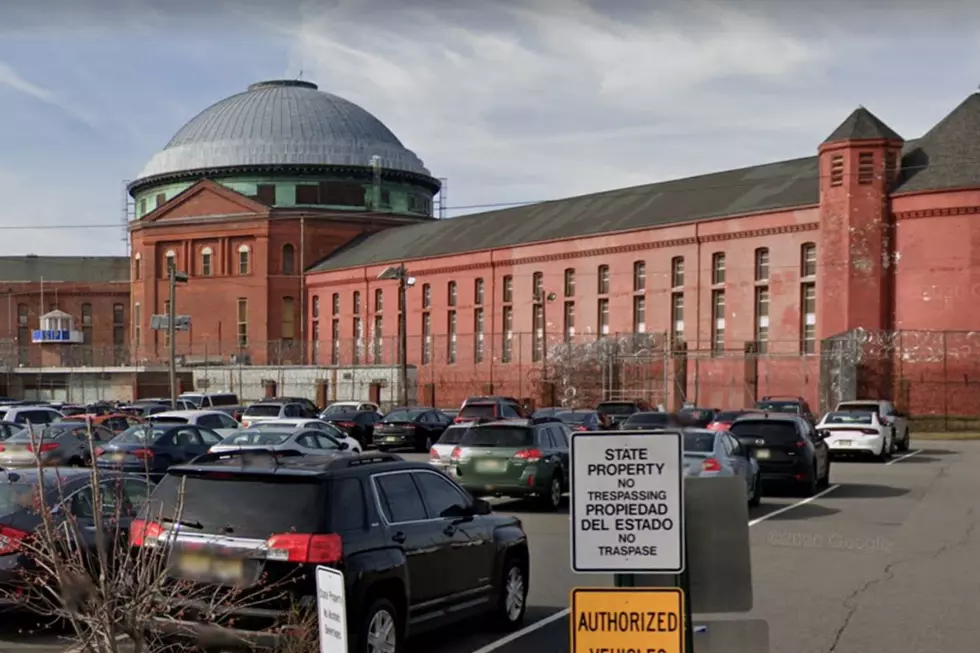
Over 250 NJ inmates released early after health emergency renewed
TRENTON – The reinstatement of the COVID-19 public health emergency, which Gov. Phil Murphy renewed Thursday, reactivated a number of laws adopted in response to the pandemic, including one granting inmates early release from state prison.
More than 250 inmates were released from prisons and halfway houses Thursday because of public health emergency credits, which were created to reduce the number of people in group living quarters, which can contribute to the spread of the virus.
Sen. Anthony Bucco, R-Morris, called that shocking given that some city mayors this week urged the state to change its bail-reform law in order to detain people accused of gun crimes until their trials.
“Instead of helping the mayors to address their serious concerns about public safety, Gov. Murphy is throwing gas on the fire by releasing hundreds of inmates into the very same communities where crime is already surging,” Bucco said. “It’s absolutely nuts and beyond tone-deaf.”
Police departments, including the New Jersey State Police, and county prosecutors were notified by the Department of Corrections about the people released.
The health credits are available to inmates who are in the last year of their term. They aren’t provided to people jailed for murder, rape or repetitive and compulsive sex crimes.
The DOC said there have been more than 10,500 positive COVID tests among inmates and 7,000 among staff, out of more than 1 million tests conducted, and that 59 inmates have died. The department said nearly 62% of inmates are fully vaccinated.
Sen. Edward Durr, R-Gloucester, juxtaposed the prisoner releases with Murphy's executive order requiring correctional officers to get COVID-19 vaccinations and boosters or lose their jobs, as well as Murphy's push for more gun-control laws.
“Gov. Murphy is attacking the rights of corrections officers and law-abiding New Jerseyans while flooding our streets with convicts,” Durr said.
An appeals court Friday upheld the executive order requiring correctional officers to be vaccinated. Unlike the earlier policy, it no longer includes a testing alternative for those who choose not to be vaccinated.

The reinstatement and extension of the public health emergency also reactivated a 2020 law creating a legal presumption that if an essential worker contracts COVID, it is work-related and therefore eligible to be covered by workers’ compensation insurance.
The New Jersey Business and Industry Association, which opposed that law in the first place, said it should be repealed because it unreasonable to require employers to show by a preponderance of the evidence that the exposure to the virus didn’t happen at work.
“Over the past two years, and particularly during the recent omicron surge, it has been made abundantly clear that COVID-19 can be transmitted just about anywhere as people go about their daily lives,” said Chrissy Buteas, the NJBIA’s chief government affairs officer.
Michael Symons is State House bureau chief for New Jersey 101.5. Contact him at michael.symons@townsquaremedia.com.
LOOK: Bruce songs that'd make for great commercials
CHECK IT OUT: It's time for a national 'Jersey' style pizza
More From 94.3 The Point










